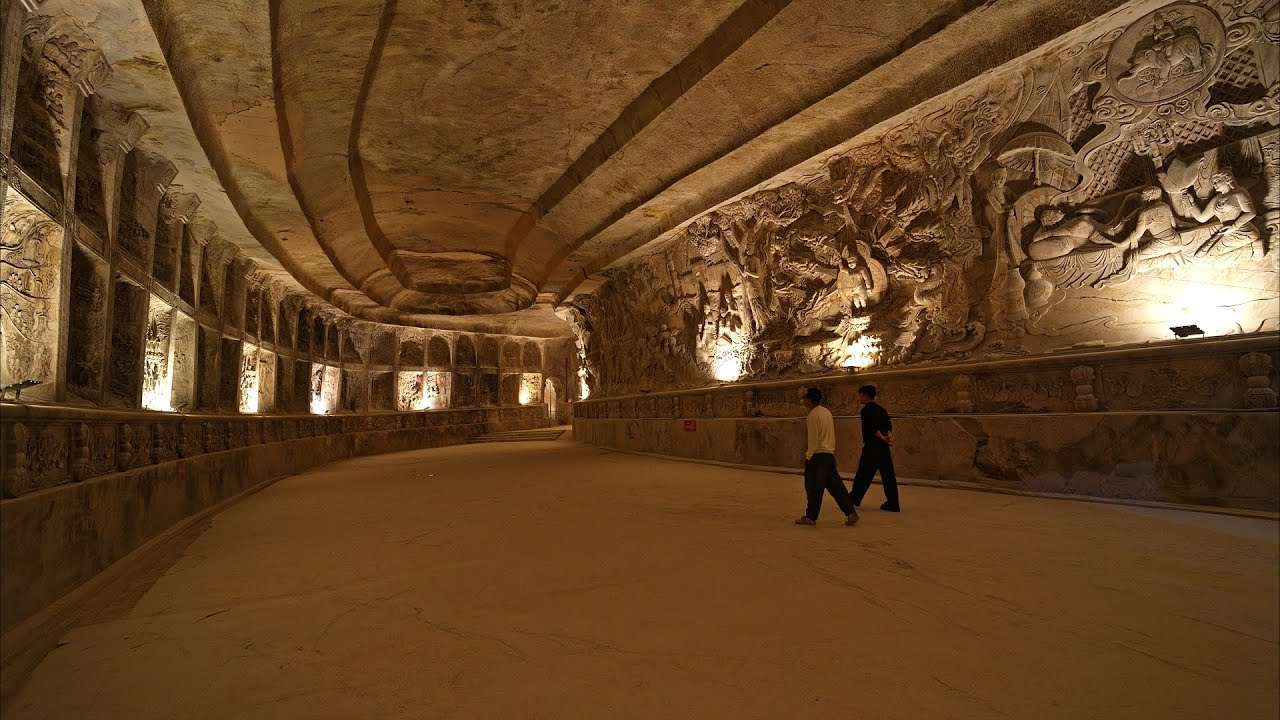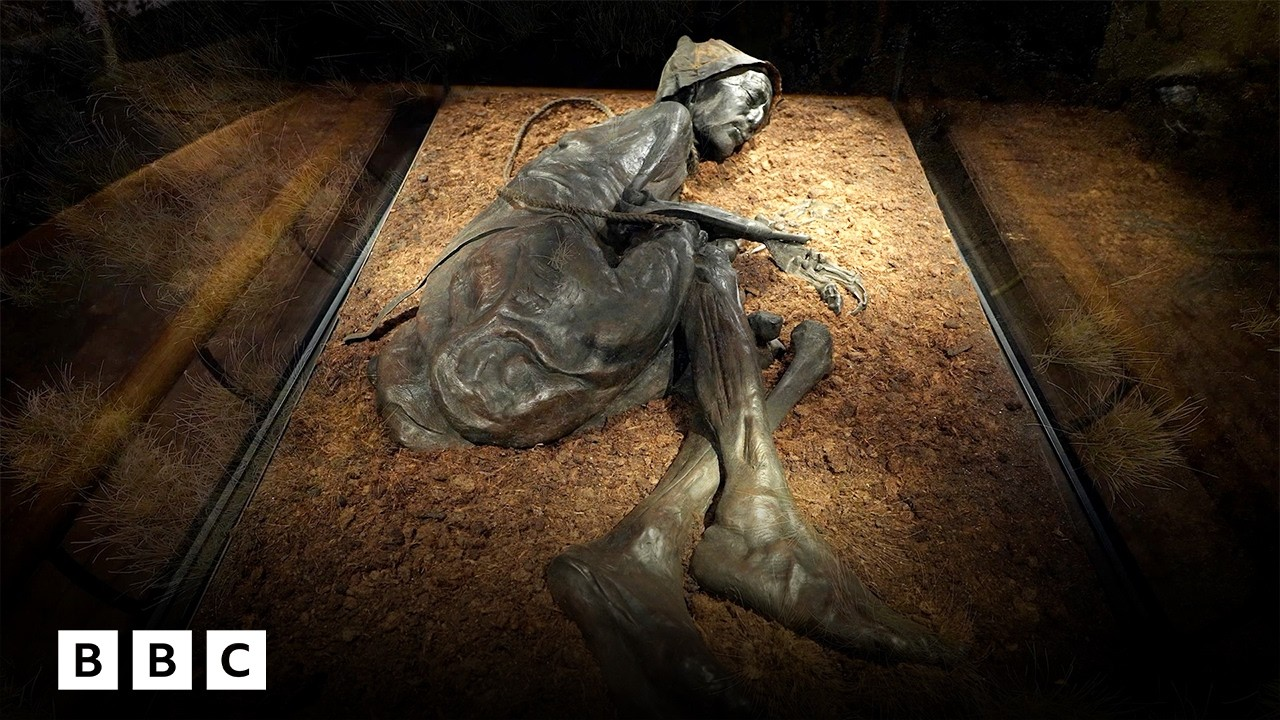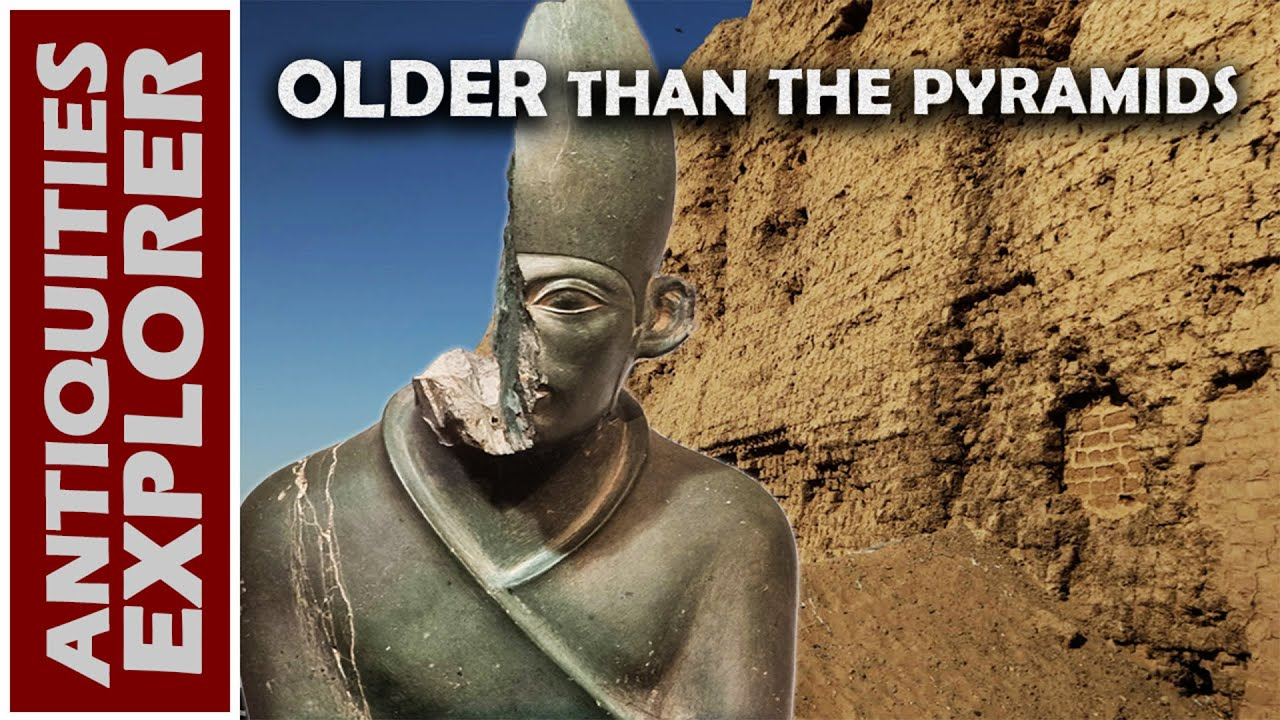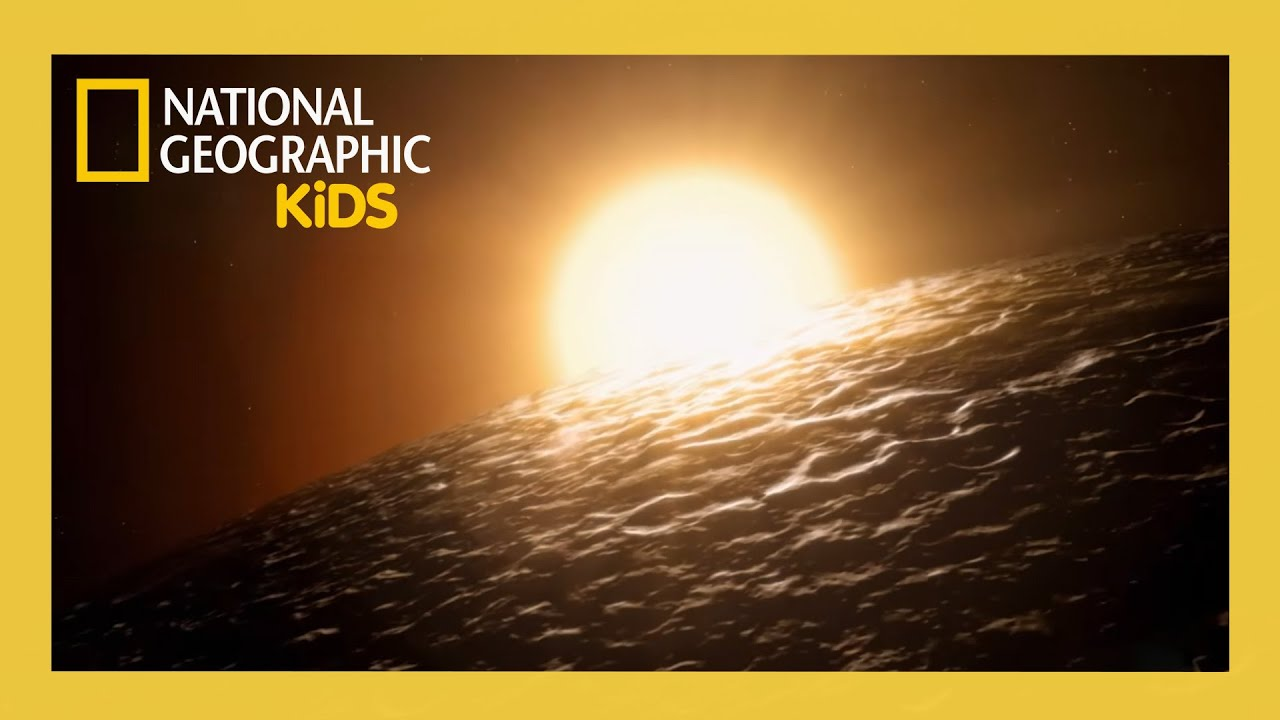BY THE ARCHAEOLOGIST EDITOR GROUP
Colin Renfrew is a British archaeologist who has questioned the Aryan invasion theory of the Indus Valley civilization, partly based on the misinterpretations of the Rigveda. The Aryan invasion theory suggests that the Indus Valley civilization was invaded and destroyed by the Aryans, a group of Indo-European-speaking people from Central Asia, around 1500 BCE. This theory has been widely debated and is not universally accepted.
Renfrew's skepticism is based on the following points:
1. Linguistic evidence: Renfrew argues that the linguistic evidence from the Rigveda, one of the oldest Indian religious texts, is not sufficient to prove the Aryan invasion theory. The Rigveda contains some elements of Indo-European languages, but Renfrew believes that it is not enough to conclude that the Aryans invaded and displaced the Indus Valley civilization. He suggests that the similarities in language could have resulted from cultural exchanges and interactions between the two groups over time, rather than a violent invasion.
2. Archaeological evidence: Renfrew contends that there is a lack of convincing archaeological evidence to support the Aryan invasion theory. He argues that there is no clear indication of a sudden cultural shift or destruction of the Indus Valley civilization that would suggest an invasion. Instead, he proposes that the decline of the Indus Valley civilization was more likely due to internal factors, such as environmental changes or political instability.
3. Reinterpretation of the Rigveda: Renfrew highlights that the Rigveda has been misinterpreted in the past, leading to a biased view of the Aryan invasion theory. He suggests that the Rigveda should be reexamined and analyzed more objectively to understand the true nature of the relationship between the Aryans and the Indus Valley civilization.
In summary, Colin Renfrew questions the Aryan invasion theory based on the lack of strong linguistic and archaeological evidence, as well as the potential misinterpretations of the Rigveda. Instead, he advocates for a more nuanced understanding of the relationship between the Aryans and the Indus Valley civilization, considering other possible explanations for their interaction and influence on each other.







